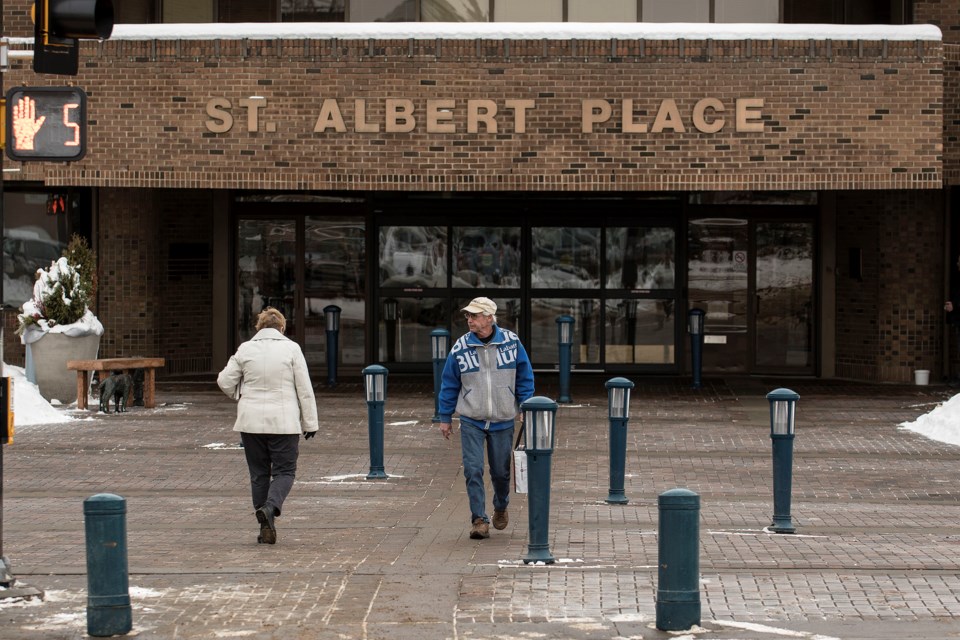The average wait time for seniors to get an affordable housing spot in St. Albert through Homeland Housing is six years, says the CEO of the organization, and new spaces are needed.
On Monday, St. Albert councillors heard during a committee of the whole meeting from Raymond Cormie, CEO of Homeland Housing.
Affordable housing is defined as housing that costs no more than 30 per cent of family income on rent. Currently, there are 144 seniors on the waiting list in the city to get into housing that offers various levels of care and prices.
"We have a very low turnover in St. Albert at about approximately 16 per cent. The average time that those individuals are on our wait list is for six years and every day we get calls to the office here (from residents saying), 'It's impossible – how can I be on the wait list for three, four or five years or longer?'" Cormie said.
The wait list is so long some residents age out of the system.
"They will be on the wait list, and when the time comes, they will have either moved on to designated supportive living or long-term care. So it is a bit of a significant issue," Cormie said.
As a result of such high demand, Cormie said the housing organization hopes to build more homes through the development of a facility that would offer another 110 affordable units to seniors. The proposal would be a housing community with a mix of supportive living (46 units), designated supportive living (24 units) and affordable housing (40 units), which would allow residents to transition to different areas of the building as their housing needs change. The proposed centre would require around 1.5 acres of land.
While Homeland Housing, which operates throughout northern Alberta, does not get operating or capital funding from municipalities, it does require partnerships with developers or municipalities to get the land needed to build the facilities. St. Albert residents and other municipalities also pay a requisition through their tax bills to help support seniors' housing.
In St. Albert, the percentage of seniors needing affordable housing and supportive living who have an annual income of less than $28,987 per year is higher than in other communities – 88 per cent of those needing affordable housing make less than $28,987, compared to 76 per cent in Westlock and 70 per cent in Sturgeon County.
Coun. Natalie Joly, the council member who currently sits on the board of Homeland Housing, said affordable housing is urgently needed in St. Albert, and has been for a long time. She said she has herself found housing too expensive in St. Albert – when it came time for Joly to move out of her parents' house when she was younger, she moved to Edmonton because there was nothing in her budget in the city.
"We are not set up to support the communities that are already here and we are not set up to support the communities that we are expecting over the next 20 years," Joly said.
Coun. Wes Brodhead, who served on the Homeland Housing board for many years, said the need in St. Albert has always been high, and seniors often come to St. Albert from rural areas for access to services like doctors and transportation.
"The numbers, in terms of wait times and desires to move into St. Albert, didn't surprise me at all. So hence the real need for for more seniors' affordable housing in a community like St. Albert," Brodhead said.
Both councillors said affordable housing is a priority for this council. They cited recent changes to the city's land use bylaw that allow different and cheaper types of housing to be built to meet some of the need, including allowing for more condos, row houses and townhouses in the community.
Other moves council has made include an idea put forward by Coun. Ray Watkins to have staff put out a call for proposals to potentially bring an affordable housing project to civic land downtown by the courthouse. Council heard early details of the proposal in camera on Nov. 30.




